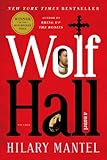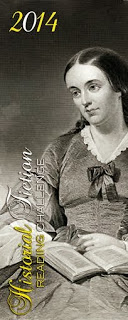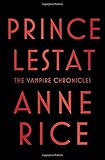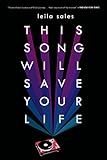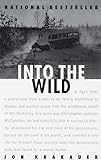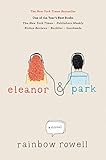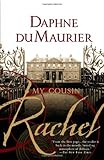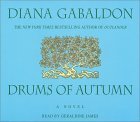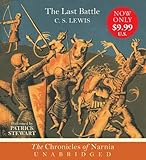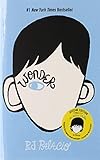 I read R. J. Palacio’s novel Wonder with my thirteen-year-old daughter, Maggie. Strictly speaking, both of us might be a little older than the target age-range for this book, but I don’t believe in such nonsense, and it’s a good thing I don’t, or I might have missed out on a true treasure of a book.
I read R. J. Palacio’s novel Wonder with my thirteen-year-old daughter, Maggie. Strictly speaking, both of us might be a little older than the target age-range for this book, but I don’t believe in such nonsense, and it’s a good thing I don’t, or I might have missed out on a true treasure of a book.
Wonder is the story of a ten-year-old boy named August Pullman. He loves Star Wars and his dog, Daisy. He loves his sister Via. He’s worried about starting middle school, just like most kids starting middle school. The difference is that Auggie, as he is called by family and friends, has Treacher Collins Syndrome, a craniofacial deformity about which Auggie says, “I won’t describe what I look like. Whatever you’re thinking, it’s probably worse” (3). But Auggie also says, “The only reason I’m not ordinary is no one else sees me that way” (3).
August has been homeschooled due to the many surgeries he has endured as a result of his condition. His parents discuss whether it might be time to send Auggie to school when fifth grade begins. Ultimately, the family decides to send Auggie to Beecher Prep, and Auggie has a difficult year, but in his quiet and ordinary way, he powers through the adversity and manages to earn the admiration of his teachers and his classmates.
Actually, it’s impossible to do this book justice in a review. So, I asked Maggie for some help. I interviewed her after we finished. Before I go on, I should explain she received the new publication of the book that includes “Julian’s Chapter,” which was originally published as an e-book, for Christmas. Palacio had said at one point that Julian didn’t get a chapter initially but she eventually changed her mind for reasons she explains in this interview with Slate. I think it was a good decision.
Me: What did you think [after finishing the book]?
Maggie: I think that book might be my favorite book of all time. I’m dead serious.
Me: What was your favorite part?
Maggie: SLIGHTLY SPOILERY ANSWER. YOU WERE WARNED! At the end of August’s last chapter where he received the award and got a standing ovation.
Me: Who were your favorite characters?
Maggie: My favorite characters were August, Via, and Summer. I also liked Miranda. The way August and Via got along is sweet and touching. And Summer, it was nice to find out she was a genuinely nice gal. It was nice that she wasn’t being friends with August because someone forced her or dared her.
Me: What else do you want to share?
Maggie: I was surprised when we read Julian’s chapter because I didn’t expect to feel sympathy or empathy for him after reading the rest of the book. I also really liked how the book was told in different points of views. You get to hear all sides of the story so you know what happened. It’s a creative way to tell a story. I really didn’t like Julian’s mother. I thought she was overprotective and mean about the whole situation and how she handed the whole August situation. She completely overreacted.
Maggie and I loved the book. We highly recommend it to everyone. We had a lot of good conversations that involved some soul searching. I told Maggie about being unkind to a girl when I was in sixth grade because the “cool” kids didn’t like the girl—for no good reason, really. I still feel bad about how I acted, and truthfully, I wasn’t terrible. I just wasn’t my normal self, and I didn’t treat her the way I wanted to treat her. I was unkind because of other kids. This book is probably the best book on the issue of bullying that I’ve ever read, and it’s the only one that includes the bully’s perspective. The end of Julian’s chapter is quite a tearjerker, and the window into the bully’s perspective was interesting. In fact, some people will say it goes a step too far perhaps, but Maggie and I happened to love it. You read it. You’ll see.
I don’t often say this about a book, but this is one I feel like everyone ought to read, whatever their age. When we were trying to figure out if Palacio had written other books so we could read them as well, we discovered Wonder is her first novel. As Maggie said, “That was her first try at a book?!” For what it is worth, we read maybe 20-30 pages at a time when we started, but the night we finished, we read the whole Julian chapter of 80+ pages in a gulp. Maggie has never read a book she couldn’t put down like that. If you have a middle schooler in your life, you should share this book.
Rating:




